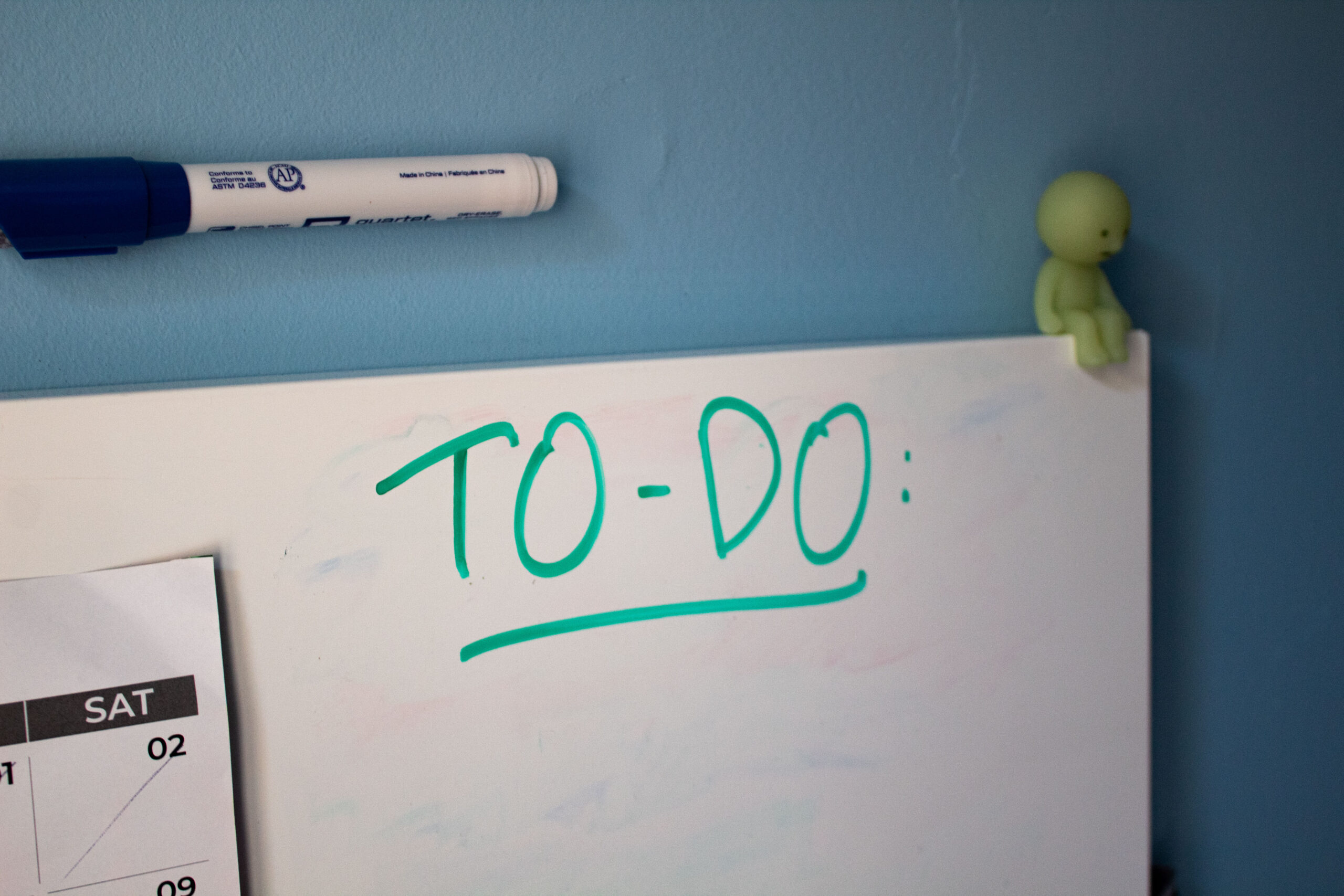The summit-less mountain of achievement and productivity
I am doing nothing this summer, and I am not guilty about it.
On a late evening last summer, my friend and I were lying on a sun-kissed patch of grass atop a hill in Erindale Park. The sultry wind brushed against our fresh faces, the sky deepened in colour, and we lay together enveloped in a cocoon of wonderful silence. My friend lazily flipped through her book, and I restlessly ruminated about the mountain of coursework I had waiting for me back home. A flood of thoughts swarmed my brain:
I have a job interview next week.
I need to update my LinkedIn account.
What about that volunteering event on Saturday?
I need to meal-prep for the week and finish my biology notes!!!
In retrospect, that summer evening was beautiful, but I missed it all because of my incessant worrying and the overbearing expectations of modern productivity. I wonder how many days like that I have missed. How many more will I miss in the future?
Why do we worship productivity and work?
Productivity and achievement, the meeting of goals, and the enthusiasm to constantly excel and grow are all modern virtues that everyone—especially university students—has ingrained within them. Of course, neither work nor setting and achieving goals is inherently problematic. In fact, humans are fundamentally goal-driven creatures whose brains have evolved to effectively plan, achieve goals, and find answers because that’s what helps us succeed, both reproductively and in more emotionally complex experiences.
But it seems that our culture—that is, the culture of capitalism—has hailed productivity and hard work as the ultimate virtue. A virtue that has become a metric of how our worth as individuals is measured and how deserving of praise and love we are. Sleeping out in the sun, or reading for reading’s sake, or going a few days without getting “work” done has the irresistible stigma of laziness to it. A stigma that many of us who work and learn in fast-paced, achievement-oriented places, like university, tend to internalize.
However, it’s totally understandable why modern society worships hard work and productivity. Many ailments or inconveniences that have historically plagued us were eradicated with the swift efficiency and technological breakthroughs of the industrial revolution, which sought to enhance production, performance, and productivity by increasing how well systems worked. But somewhere along the great line of development, the burden of being productive fell more on the individual than it did on systems. As people moved to office work, manufacturing efficiency and a better world meant optimizing how much work that individuals could get done in the office. Productivity became a personal quest that quickly and inevitably signified our individual worthiness. Our obsession with work grew, but as fathers, mothers, friends, and our own personal caretakers, we were still expected to succeed at home and in our own skins as we did in our workplaces. This is simply unrealistic, but it hasn’t changed.
Again, there’s nothing inherently wrong with going the extra mile to impress your boss, working a few extra hours, or juggling a full-course load while working a job. However, due to how culturally relevant the quest for productivity has become, not being productive is seen as ethically wrong somehow. And what follows are feelings of shame, guilt, and burnout. Our society is poised toward glorifying people who have achieved greatness—athletes, scientists, artists, and more—so not striving for greatness, having mediocre goals, and simply being lazy is a form of moral failing. Or that’s what society wants you to believe because capitalism only functions if individuals optimize themselves to the max. At some point in time, productivity changed the world for the better. It made things easier and faster so that we could invest more time into what matters. In the 21st century, however, productivity has infiltrated every part of our professional and personal lives to the point where, as university students, being burned out seems to be something to be secretly yet morbidly proud of. Congratulations! You’ve worked hard enough to even be burnt out in the first place! And if you aren’t burned out yet, you aren’t working hard enough!
Do productivity and achievement ever have an end?
In his influential book, The Burnout Society, Korean-German philosopher Byung-Chul Han argues that stress, exhaustion, depression, anxiety, and other mental health diagnoses aren’t personal issues, but rather, consequences of our obsession with achievement, work, and productivity. Depression isn’t just a chemical imbalance in the brain, it’s a symptom of the slow and steady destruction of the human spirit.
Han says that, historically, people have been limited in what they can or cannot do by purely external forces. Society was also more communal, and less emphasis was placed on the individual. In the age of achievement, with its modern systems and approaches to maximize productivity, people are no longer limited by purely external forces, and instead, whatever disciplinary limitations we experience are self-inflicted. Han states that in our culture, we’re rewarded when we auto-exploit ourselves to the point of illness. When the steep goals and lofty ambitions we place on ourselves come from within rather than from outside stakeholders. Indeed, it’s a sign of capitalism’s success when it no longer needs to shove toxic productivity down our throats; we just do it for ourselves.
Han believes the mental health epidemic is reflective of the irrational nature of productivity itself. The modern conception of hard work and achievement makes it so that there’s no summit to the mountain. No matter how hard you work or how stellar your achievements are, you can always work harder and do better.
I have many missions this summer. None of them are academically ambitious—since I got rejected from the research projects I applied to—or are significant enough to make me not enjoy summer days. From the outside, it seems like my summer is going to be empty or that I’m wasting my time. But my world is so much bigger than my ambitions and accomplishments. I am not the sum of how many checkmarks are on my to-do list.
Living slowly and being lazy—that is, doing things that nourish our minds and souls without the expectation of reward and for its own sake—is revolutionary. It sanctifies our intrinsic worthiness without relating it to how well we perform or how ambitious our goals are. In a capitalist culture, it’s revolutionary to simply sit in the park and do nothing but merely exist. So, allow yourself to exist, simply and compassionately.
Opinion Editor (Volume 51); Associate Opinion Editor (Volume 50) — Mashiyat (Mash) is a third-year student studying Neuroscience and Professional Writing and Communication (PWC). As this year’s Opinion Editor, Mash hopes to use her writing, editorial, and leadership skills in supporting student journalism in the essential role it plays in fostering intellectual freedom and artistic expression on campuses. When she’s not writing or slaving away at school, Mash uses her free time cooking cultural dishes, striking up conversations with strangers, and being anxious about her nebulous career plans. You can connect with Mash on her LinkedIn.


